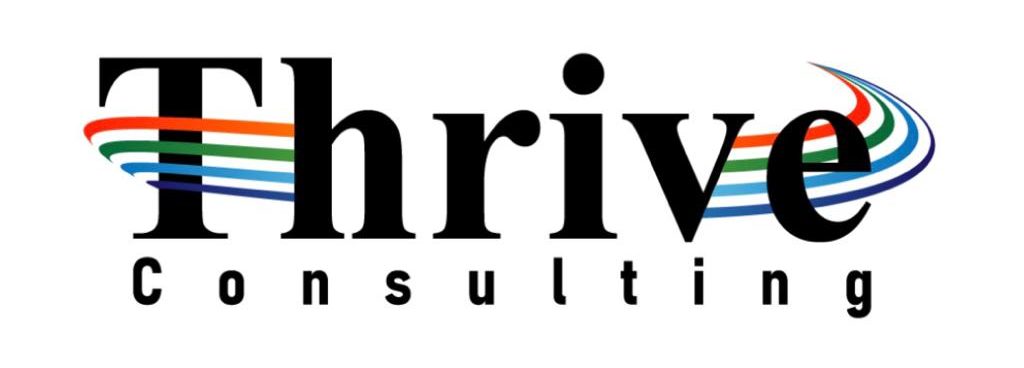
[#CoachTom Commentary] From a Wellcology viewpoint, sleep is one key tenet in overall human performance. Mindfulness, nutrition, physical activity are tightly coupled with sleep quality, for one’s mind and body health.
* * *
There a few different types of Sleep Disorders that affect millions around the globe. Sleepwalking, Nightmares, Insomnia, and Sleep-Wake disorders can bring forth misery if not treated. All of us have endured nightmares or sleepless nights, but when the symptoms are continuing it is most likely the person has a disorder. The symptoms that come alone with most sleep disorders include stress since inability to sleep, or sleeping too much, as well as nightmares cause grievance. Most sleeping disorders are linked to physical ailments, psychological stressors, other diagnosis, alcohol, drugs, as well as a few other factors. Insomnia includes unhealthy symptoms that make a person have difficulty while trying to sleep, and often the person may wake up during sleep hours.
This often leads to complications during the waking hours since the person is irritated. The patients often suffer with the inability to focus, depression, anxiety attacks, and no energy. Some patients may even suffer from bipolar, anxiety disorders, or other types of disorders. I endured Insomnia for the most part of my life because of other disorders, but first hand, I can tell you medicines may work for some people, but for others it may not.
The solution I found that works best for me, is eating healthy, force the mind out of thought process when you lay down to sleep, and keep in mind “One day at a time.” Insomnia patients often suffer apprehension, a sense of loss, and trauma as well as a few other symptoms. Most Insomnia Disorders means that somewhere down the line the REM (Rapid Eye Movement) sleep mode was confused. The trick then is getting the REM scheduler back on track. During the REM sleep hours, the mind often dreams, and the body functions often shift. For example, your heart rate may increase of decrease in REM sleep mode. Since REM is often affected by sleeping hour schedules, it is sometimes possible to endure a sleeping disorder. For example, if you have a night shift job and later switched to day shift, it is obvious the REM mode is imbalanced. Once you find a way to get the mind on track again, it is possible to reinstate your mental health. However, if you have underlying disorders, including posttraumatic stress, bipolar, multiple personality disorder, and other disorders, these diagnoses must be dealt with first before resolve comes for the sleeping disorder. Sleep-Wake Disorders or Circadian Rhythm disorder often creating sleeping inefficiencies, including sleepless nights, stress, anxiety, jet lag and so forth. This disorder is often caused by changes in the schedule. If the person does not see the sun when he or she wakes simply because they sleep all day from working all night, this could cause Sleep-Wake disorders to develop.
Finally, nightmare disorders are often linked to Posttraumatic Stress Disorders, as well as other disorders, while there is not enough evidence available to support the claims. Trauma patients are often the people that suffer with nightmares throughout the night. The person will see a real-life scene that depicts horror, fright, and so forth and sometimes will wake up screaming, and most all the time endure night sweats. Sometimes the dreams are reoccurring and sometimes the dreams change during the night. Studies has recently shown that sleep disorder patients may have physical disabilities that are linked to the sleeping problems, however almost all patients diagnosed with sleeping disorders have additional disorders, suffered trauma, drugs or drinks excessively, and so forth. Regardless of the problems, you must find the source before you can treat individuals with sleeping disorders.

Coach Tom is an Official Member of the Forbes Coaches Council (2022). Check out the various articles by #CoachTom on leadership, organization transformation, strategy and coaching at: https://www.forbes.com/sites/forbescoachescouncil/people/thomaslim
- Follow Coach Tom on Linkedin at: https://www.linkedin.com/in/thomaslcl/
- Follow us on Facebook: https://www.facebook.com/CovenantRhapsody
- Follow us on Twitter: http://twitter.com/camelothobbies
